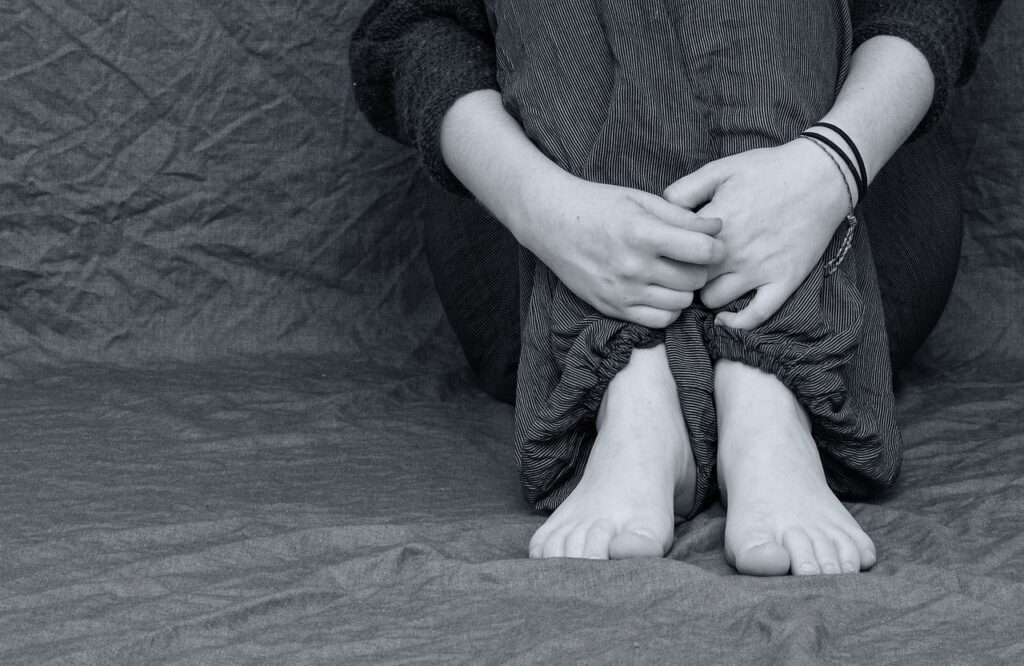In the intricate web of human emotions and decisions, few phrases hold as much power as “What will people say?” It’s a question that resides in the minds and hearts of countless individuals, steering their choices and molding their destinies. In this article, we delve into the psychological underpinnings of this deeply ingrained fear and how it can impact the human psyche.

The Fear of Societal Judgment: “What will people say?” is a question rooted in the fear of societal judgment. It stems from the innate human desire for acceptance, validation, and a sense of belonging. When individuals find themselves in career paths that they didn’t choose for themselves, often due to external pressures or circumstances, this fear becomes a silent, ever-present companion.
Psychologically, this fear can be traced back to our need for social approval. Evolutionarily, being part of a social group meant greater chances of survival, and this need for acceptance has been hardwired into our brains. When individuals perceive that their career choices may not align with the expectations or norms of their social circle, the fear of judgment can be paralyzing.
The Impact on Mental Well-being: Surrendering to the fear of “What will people say” can have profound effects on an individual’s mental well-being. It often leads to a sense of dissonance between one’s true desires and societal expectations, creating a cognitive and emotional tug-of-war. This dissonance can give rise to feelings of anxiety, depression, and a pervasive sense of unhappiness.
The fear of judgment can also lead to a loss of autonomy and self-esteem. When individuals abandon their authentic aspirations to conform to external pressures, they may lose a sense of control over their lives. This loss of agency can erode self-confidence and self-worth, as individuals feel disconnected from their true selves.
The Role of Cognitive Dissonance: Cognitive dissonance, a psychological theory developed by Leon Festinger, is a pertinent concept in understanding the impact of surrendering to the fear of “What will people say.” It occurs when an individual holds conflicting beliefs, attitudes, or values. In this context, it manifests when a person’s internal desires clash with external expectations.
For example, someone who yearns to pursue a career in the arts but chooses a more conventional path due to societal pressures experiences cognitive dissonance. The dissonance arises from the conflict between their true passion and the external demand for conformity. This dissonance, if not resolved, can lead to increased psychological distress.
Overcoming the Fear: To overcome the fear of “What will people say,” individuals can embark on a journey of self-discovery and authenticity. Recognizing that societal judgment is a construct that can be challenged is the first step. Seeking professional guidance from psychologists or therapists can provide invaluable support in managing the psychological effects of this fear.
Furthermore, individuals can work on building resilience and self-compassion. This involves developing the capacity to face societal judgments while maintaining a strong sense of self-worth and authenticity. It’s a process that can lead to a profound sense of liberation and fulfillment.
In conclusion, the fear of “What will people say” is a complex psychological phenomenon deeply rooted in our need for social acceptance. It can profoundly affect an individual’s mental well-being and self-esteem. However, with self-awareness, resilience, and a commitment to authenticity, individuals can break free from the shackles of this fear and live a life that aligns with their true desires and aspirations. The path to liberation begins with recognizing that the power to shape one’s destiny ultimately rests within.


